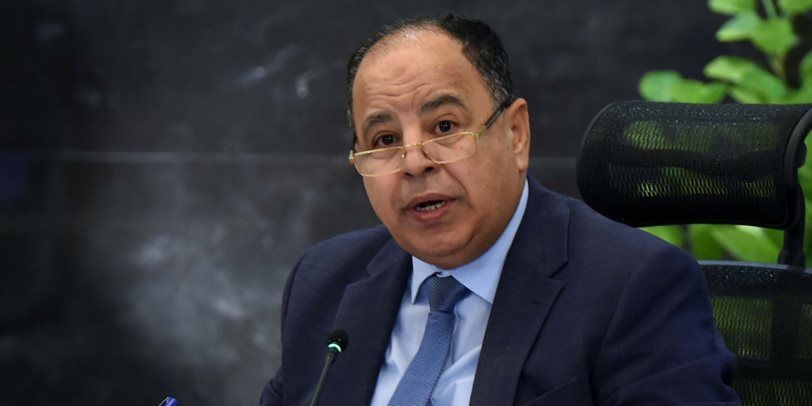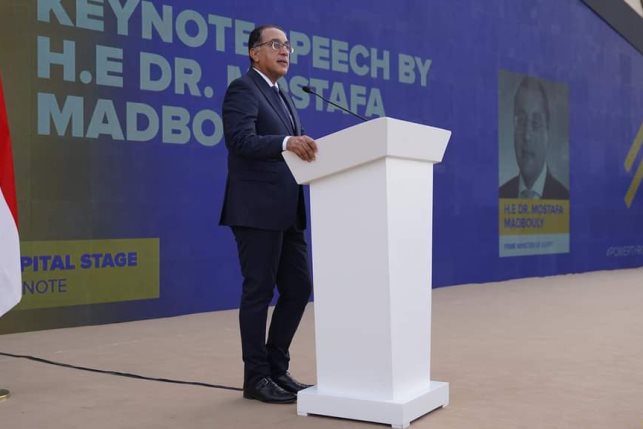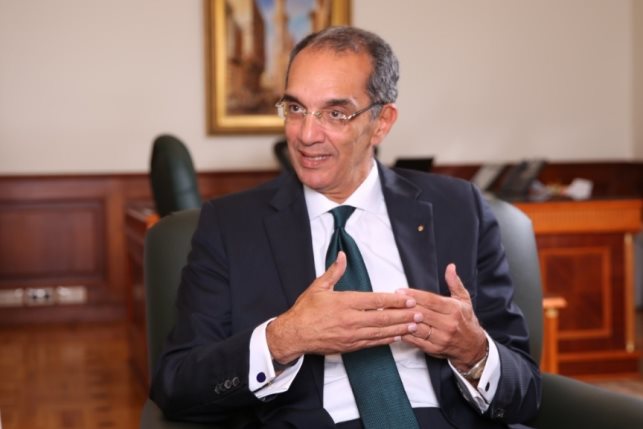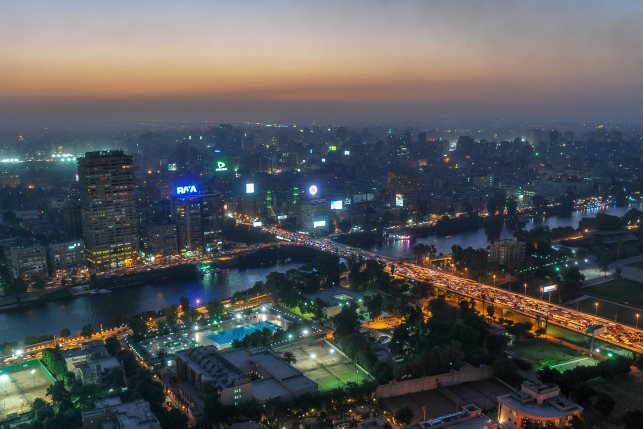Egypt’s new draft budget focuses on boosting public revenues and spending to address economic shocks | FinMin
Maait explained that the new budget focuses on balancing between mitigating inflationary pressures experienced by citizens, meeting development needs, and maintaining financial discipline

Egypt’s new draft budget demonstrates heightened awareness and responsiveness to the successive shocks experienced over the past 4 years, explained Minister of Finance, Mohamed Maait.
Maait explained that the new budget focuses on balancing between mitigating inflationary pressures experienced by citizens, meeting development needs, and maintaining financial discipline.
Despite facing numerous challenges, such as the slowdown in economic activity and regional conflicts, the budget focuses on enhancing public revenues while increasing expenditures to address economic shocks.
Egypt’s budget deficit is expected to reach around EGP 1.2 trillion, equivalent to 7.3% of the GDP for the next fiscal year, compared to updated estimates for the current fiscal year.
The ministry anticipates an increase to EGP 2.6 trillion for Egypt’s public revenues for FY2024/2025, representing 15.4% of the GDP, with tax revenues targeted to grow by about 30.5%.
Efforts to enhance tax administration efficiency and broaden the tax base, including the taxation of e-commerce and multinational companies, will contribute to this growth.
The aim is to achieve a primary surplus of EGP 591.4 billion, equivalent to 3.5% of the estimated GDP for FY2024/2025.
Public expenditures for the upcoming fiscal year (FY2024/2025) are expected to increase by approximately 29%, reaching EGP 3.87 trillion and representing 22.6% of the gross domestic product (GDP). This increase ensures the fulfillment of constitutional entitlements for health and education, with significant allocations directed towards these sectors.
Maait also highlighted financing programs aimed at stimulating economic activity, particularly supporting the industrial sector and export activities, with a total allocation of EGP 40.5 billion.
This includes continuing to bear the financial burdens of reducing electricity prices for the industrial sector and subsidizing interest in financing facilities for productive sectors.
Investment allocations are expected to rise to EGP 496 billion, with 44% of these investments being self-financed. A maximum of EGP 1 trillion is set for public investments across all state agencies and institutions, ensuring prudent financial management without increasing the budget deficit.
Egypt is working on improving the state’s public finance indicators by creating a general government budget that includes the revenues and expenditures of all 59 public economic bodies, Maait explained.
The general government budget will amount to EGP 6.6 billion, with expected revenues for FY2024/2025 at EGP 5.2 trillion after excluding all mutual budgetary relationships between the state’s general budget and the budgets of the public economic bodies. Maait added that taxes will represent 38.2% of total revenues or 11.8% of the GDP, while the non-tax revenues amount to 61.8% of the total general government revenues and 19.2% of the GDP.





